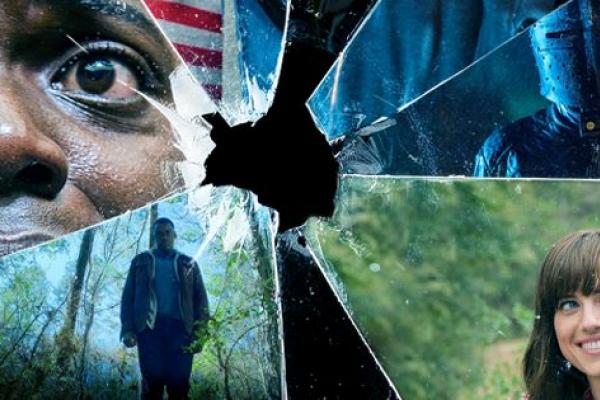Mar 17, 2017
We can hope, work, and pray for the day when Christians of all colors might be reconciled to one another in peace. In the meantime, Get Out reminds us that white people, especially those who claim to love us, must do better.
Read the Full Article

Already a subscriber? Login
